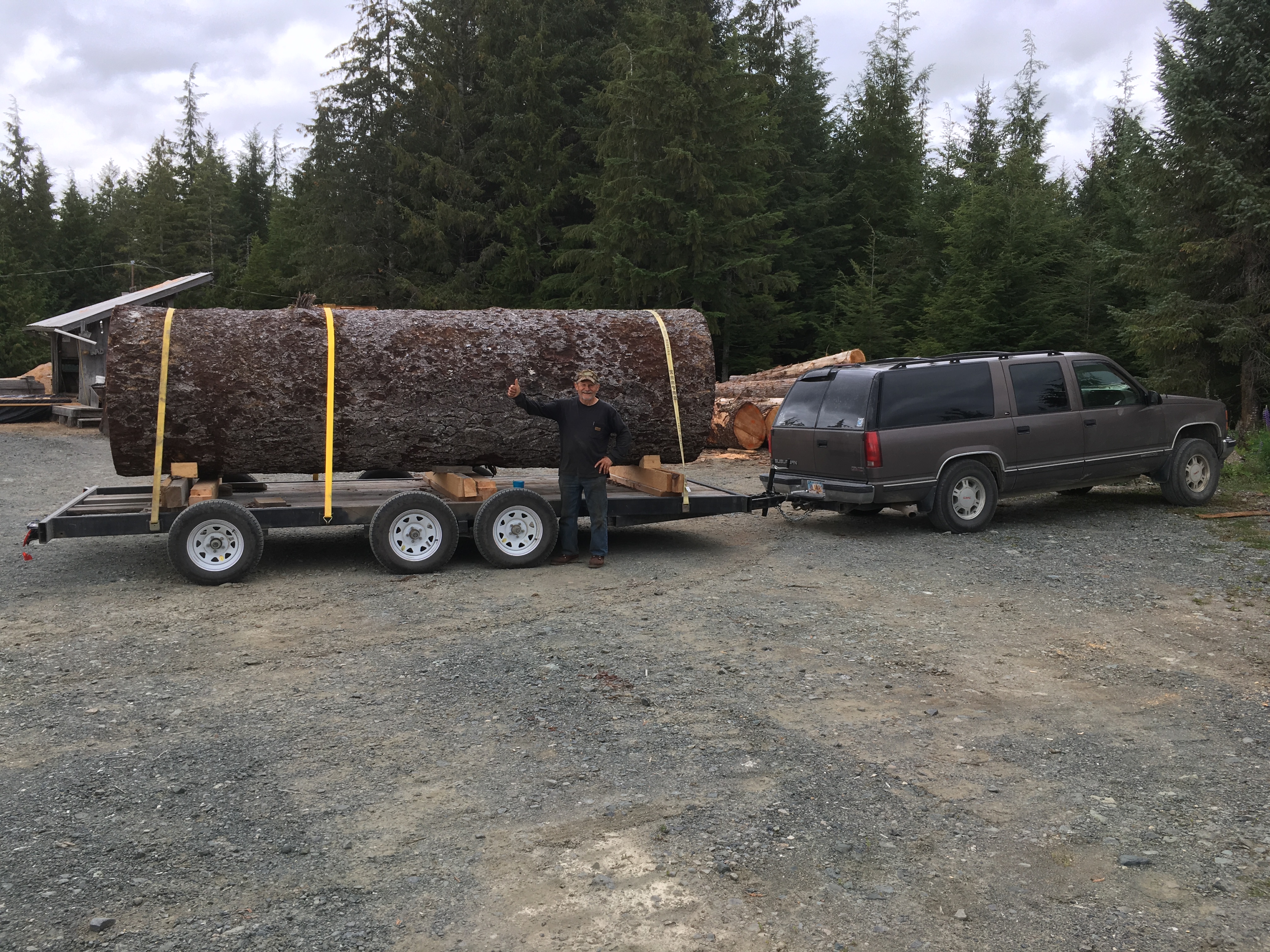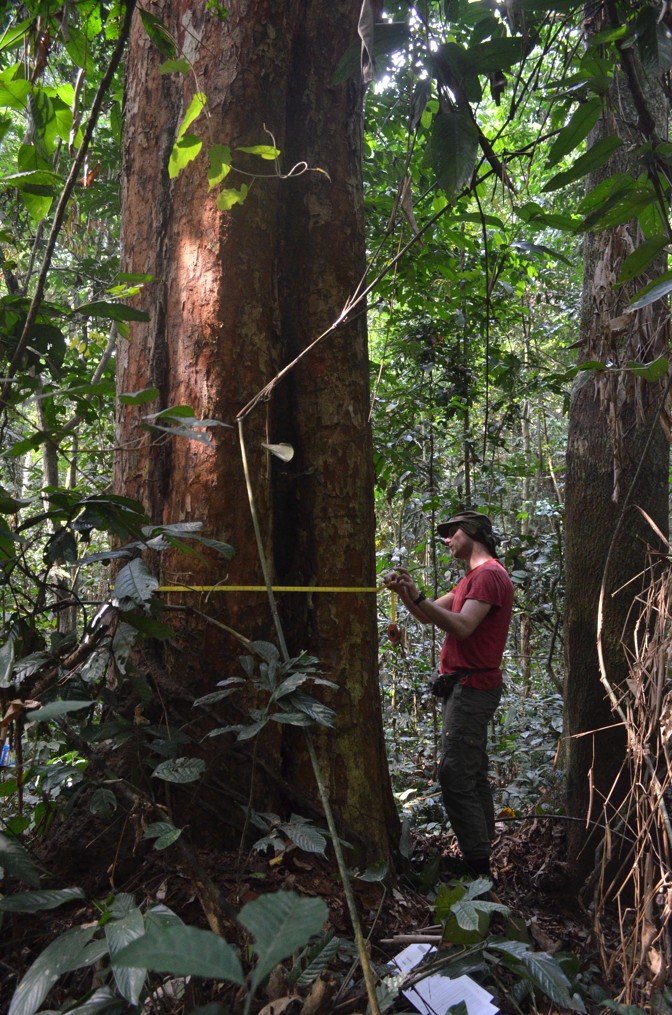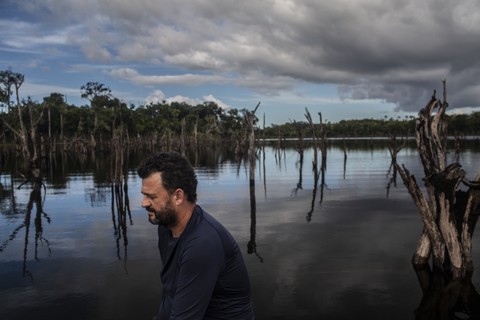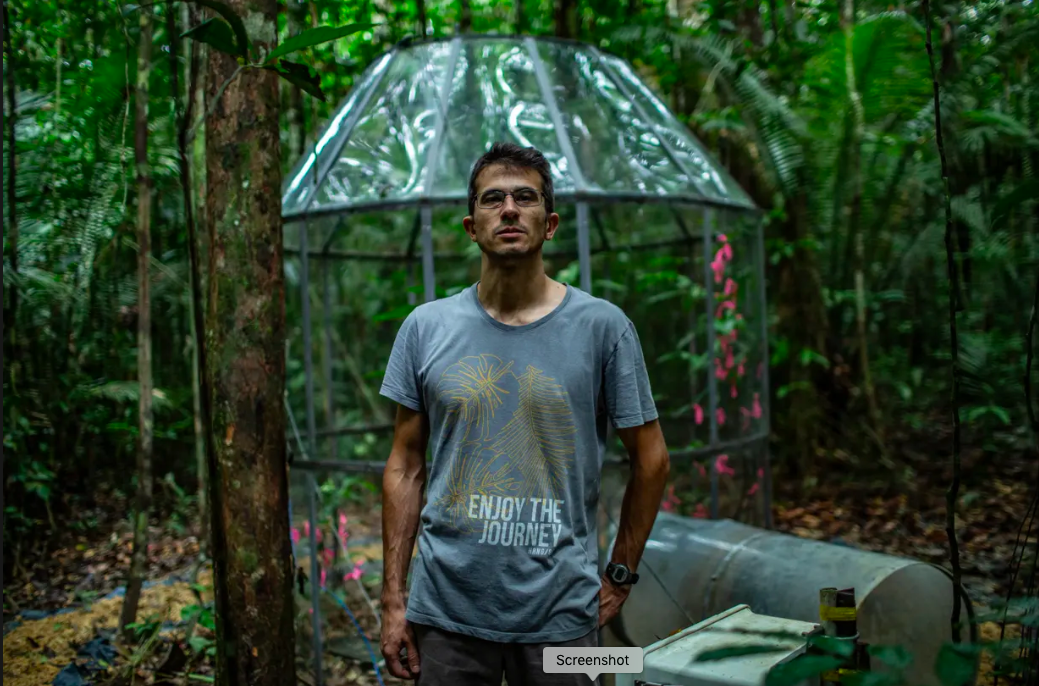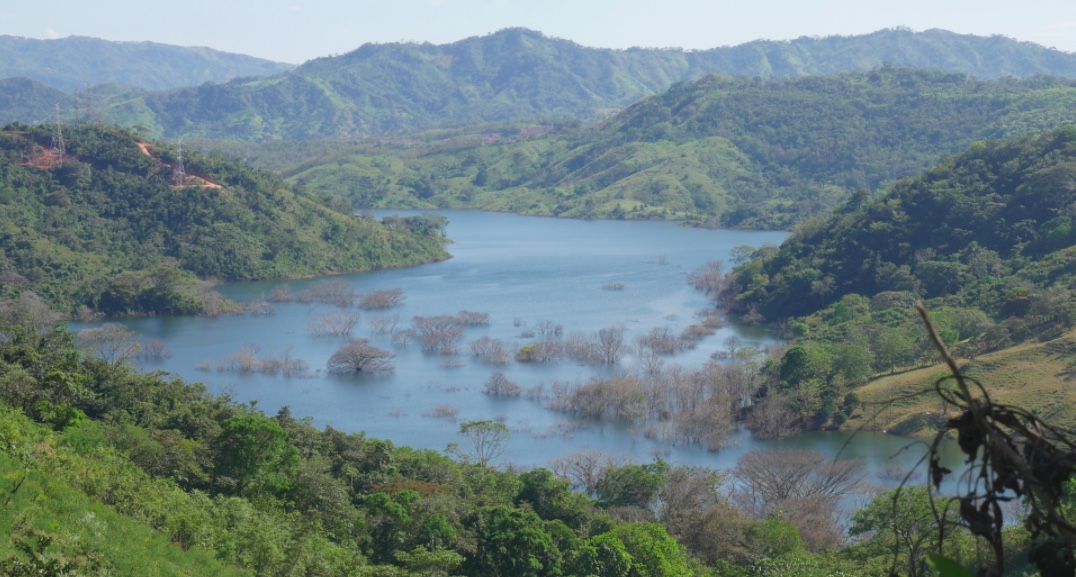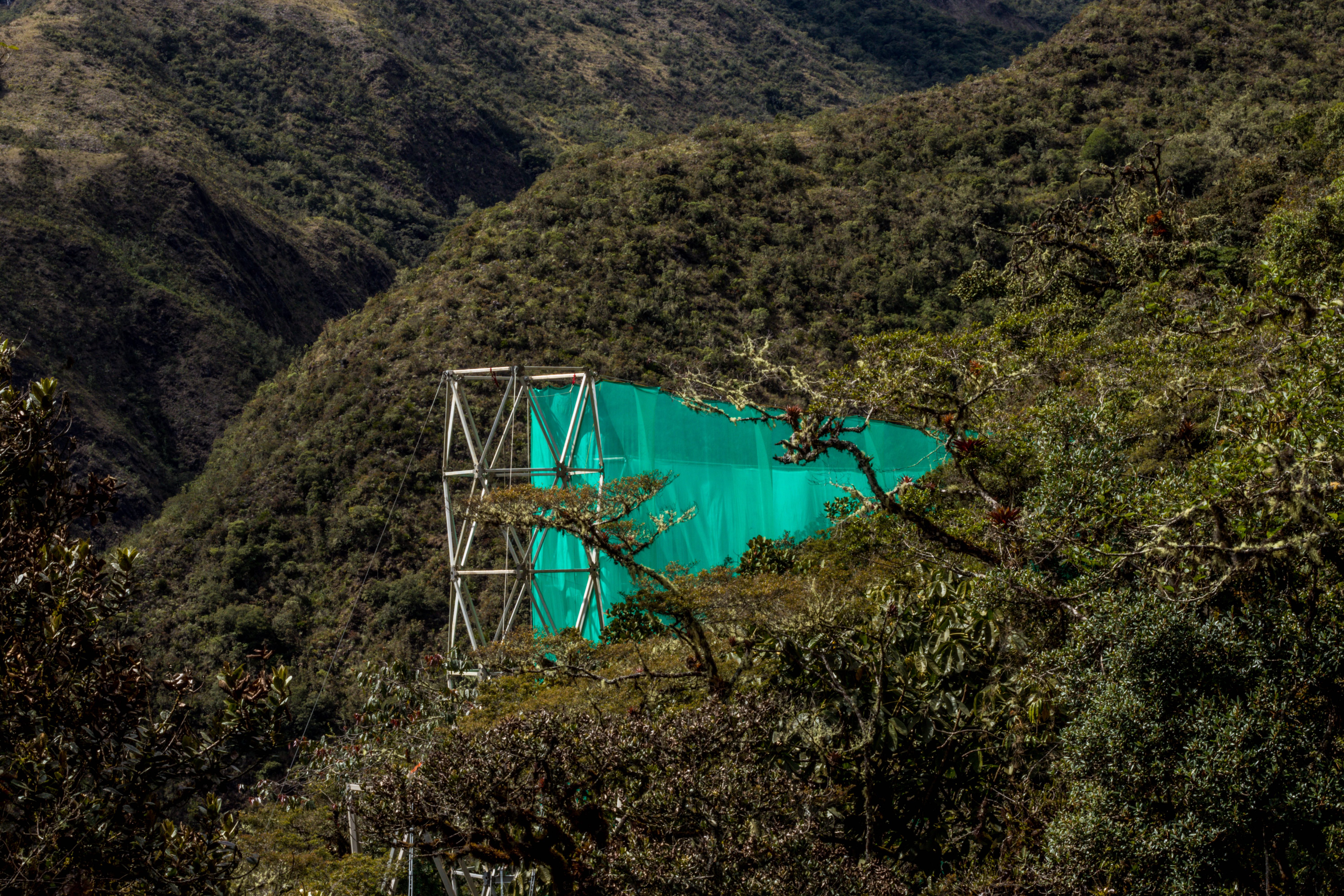Project November 18, 2016
Laboratory Earth
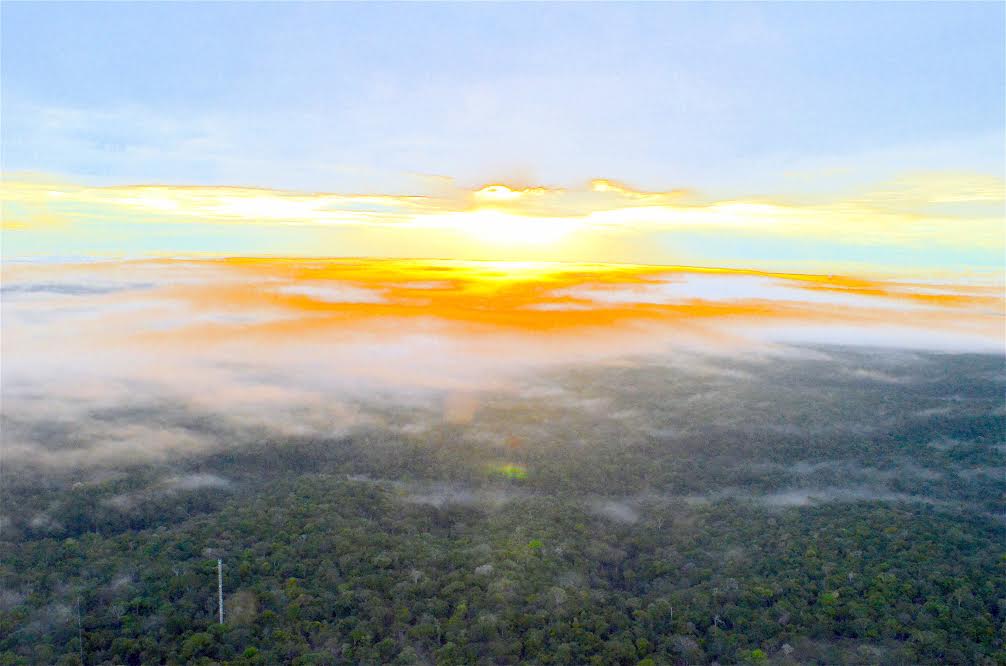
Human beings have unintentionally launched a far-reaching and dangerous global experiment. By burning coal, oil and gas previously sequestered since the dinosaurs, we've increased the amount of carbon dioxide in the atmosphere by 40 percent–its highest concentration in more than a million years.
Already scientists can say that this uncontrolled, planet-wide experiment is making our lands seriously hotter and oceans dangerously more acidic. Disproportionately high temperatures at the poles are melting Earth's ice caps, raising sea level. The world's coastal cities–such as Miami–and teaming lowlands–such as the Bangladesh delta–could become uninhabitable. Huge swaths of land in sub Saharan Africa and elsewhere could become unsuitable for growing crops.
Researchers aren't yet certain how quickly these unprecedented changes will unfold. They're urgently seeking to find out. To do so they must determine the fate of carbon currently stored in vegetation and soils around the world. Whether the carbon warehoused in this organic matter is released into the air or remains locked up on land could make the difference between a manageable transition and hopeless catastrophe. To get more information they need to learn what will happen to the huge potentially unstable, storehouse of carbon located in the equatorial band of forest that includes the Amazon and the Congo.
Today carbon dioxide soaked up by tropical forest appears to be slowing the growth of carbon dioxide in the air, and, accordingly, the rise of global temperatures. But higher temperatures, increased concentrations of CO2 and shifts in precipitation could alter the distribution and exuberance of this vegetation and its soils, possibly disrupting the land's ability to beneficially absorb the insulating gas.
In "Laboratory Earth," climate journalist Dan Grossman travels from South America to Africa to report on the far-flung work of climate researchers seeking to uncover the destiny of Earth's tropical forests, and perhaps life itself.
-
×
 English
English

